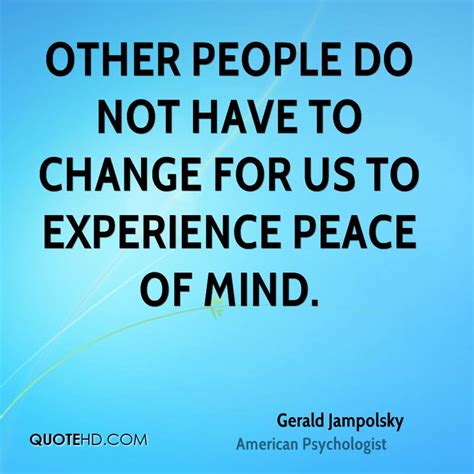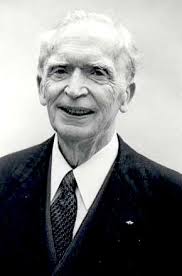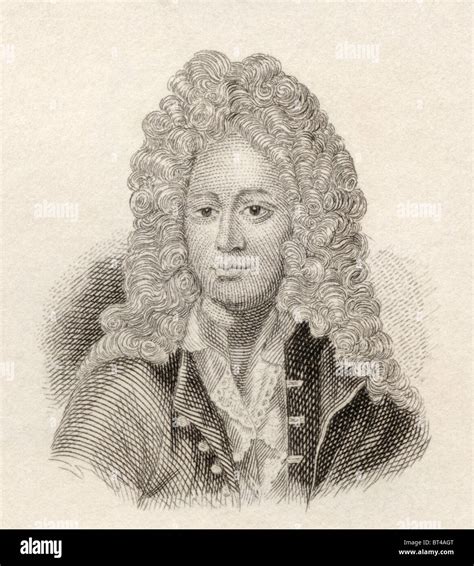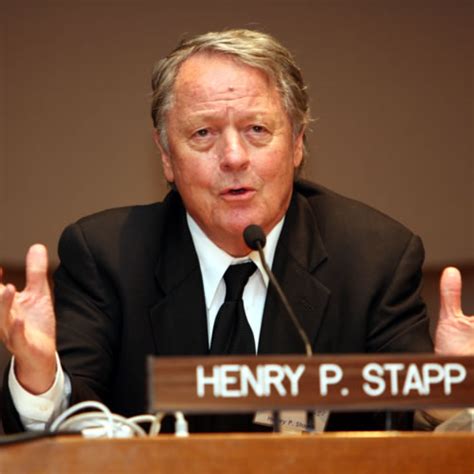A Quote by Pema Chodron
We have two alternatives: either we question our beliefs - or we don't. Either we accept our fixed versions of reality- or we begin to challenge them. In Buddha's opinion, to train in staying open and curious - to train in dissolving our assumptions and beliefs - is the best use of our human lives.
Related Quotes
More and more people are beginning to feel that there must be another way of thinking, perceiving, and acting. And perhaps the beginning of another way of looking at the world is to re-evaluate all of our beliefs. It is, after all, our beliefs that determine what we are, experience, and expect. When we are willing to take a new look at our own beliefs, we then have an opportunity to begin rediscovering who and what we are and to redetermine our true purpose on Earth.
Our negative thoughts are valuable messages to us about our deeper fears and negative attitudes. These usually are so basic to our thinking and feeling that we don't realize they are beliefs at all. We assume that they are simply "the way life is." We may be consciously affirming and visualizing prosperity, but if our unconscious belief is that we don't deserve it, then we won't create it. Once we become aware of our core negative beliefs, they begin to heal.
Rather than going after our walls and barriers with a sledgehammer, we pay attention to them. With gentleness and honesty, we move closer to those walls. We touch them and smell them and get to know them well. We begin a process of acknowledging our aversions and our cravings. We become familiar with the strategies and beliefs we use to build the walls: What are the stories I tell myself? What repels me and what attracts me? We start to get curious about what’s going on.
Our beliefs about ourselves in relation to the world around us are the roots of our values, and our values determine not only our immediate actions, but also, over the course of time, the form of our society. Our beliefs are increasingly determined by science. Hence it is at least conceivable that what science has been telling us for three hundred years about man and his place in nature could be playing by now an important role in our lives.
Recently, results of the Human Genome Project have shattered one of Science's fundamental core beliefs, the concept of genetic determinism. We have been led to believe that our genes determine the character of our lives, yet new research surprisingly reveals that it is the character of our lives that controls our genes. Rather than being victims of our heredity, we are actually masters of our genome.
If we maintain the open-mindedness of children, we challenge fixed ideas and established structures, including our own. We listen to people in other denominations and religions. We don't find demons in those with whom we disagree. We don't cozy up to people who mouth our jargon. If we are open, we rarely resort to either-or: either creation or evolution, liberty or law, sacred or secular, Beethoven or Madonna. We focus on both-and, fully aware that God's truth cannot be imprisoned in a small definition.
The birth of excellence begins with our awareness that our beliefs are a choice. We usually don't think of it that way, but belief can be a conscious choice. You can choose beliefs that limit you, or you can choose beliefs that support you. The trick is to choose the beliefs that are conducive to success and the results you want and to discard the ones that hold you back.
If we choose only to expose ourselves to opinions and viewpoints that are in line to our own, we become more polarized, more set in our own ways. It will only reinforce and deepen the political divides in our country. But if we choose to actively seek out information that challenges our assumptions and beliefs, perhaps we can begin to understand where the people who disagree with us are coming from.





































